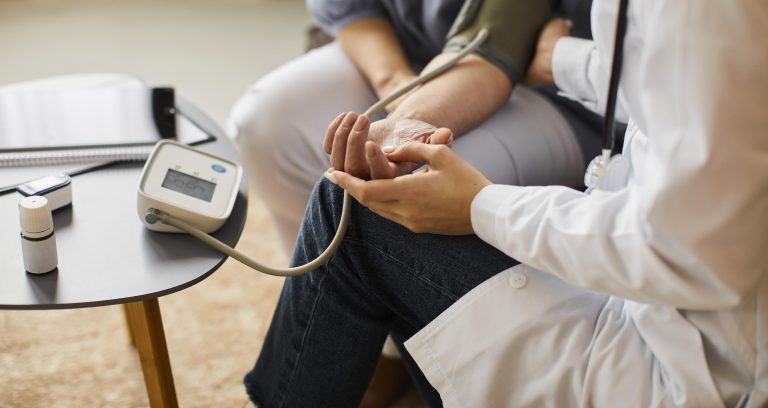
Hyperlipidemia is a serious condition that can have serious consequences. This is a major risk factor for cardiovascular disease, which can result in death or disability. However, you can simply prevent the disease by changing your dietary habits and exercise consistently.
Hyperlipidemia
Triglycerides and cholesterol are the two main forms of fats found in the blood, both of which are crucial to the body’s functioning. The fat will build up on the blood arteries, constricting them. Restricted blood circulation is a risk factor for cardiovascular illness, arterial thrombosis, paralysis and premature mortality. Hyperlipidemia can be caused by a variety of factors, including genetic abnormalities, eating unhealthy foods, and consuming significant amounts of alcohol.
Cholesterol
cholesterol is a sort of lipid compound that the body creates by synthesizing it in the liver and digesting. Since cholesterol is a form of fat that does not disintegrate on its own in the bloodstream, ‘Lipoprotein’ is a combination of fat and protein that requires integration with proteins in order to be in the bloodstream. Cholesterol can be divided into two types:
is a form of blood fat produced by fat synthesized in the liver or fat obtained from foods containing fat as an element, such as pork belly, oil, butter. Fat will be turned to triglycerides if the body obtains more fat than it requires. Triglyceride levels in the blood should not exceed 150 mg/dL.
Prevention of hyperlipidemia
Choosing a balanced diet and changing your eating habits can help lower cholesterol levels. If you can follow the steps below, your chances of getting hyperlipidemia will be reduced.
Reference
Image: www.freepik.com
1 Soi Krungthepkreetha 4 (B.Grimm), Huamark, Bangkapi, Bangkok 10240
Tel: +66 2038 5595
Line ID: @primocare
Email: [email protected]

1 Soi Krungthepkreetha 4 (B.Grimm), Huamark, Bangkapi, Bangkok 10240
Tel: +66 2038 5595
Line ID: @primocare
Email: [email protected]
©2022 PrimoCare Medical Limited. All rights reserved.
©2021 PrimoCare MEDICAL Limited All rights reserved.